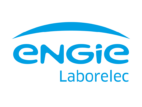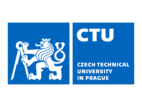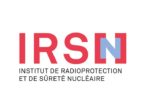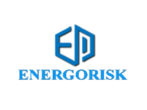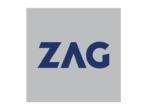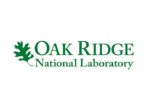ACES focuses on safety-critical concrete infrastructure of current and next generation nuclear power plants
The project will contribute to the development of ageing mechanisms understanding, physics-based advanced modelling, in-service inspection methods development, structural significance assessment, and end-use guidance.
What is ACES projects in a nutshell
The purpose of ACES is to advance the assessment of safety performance of safety-critical concrete infrastructure by addressing remaining scientific and technology gaps for the safe and long term operation of nuclear power plants.

The main objective of ACES is to advance the assessment of safety performance of civil engineering structures by solving the remaining scientific and technological problems that currently hinder the safe and long-term operation of nuclear power plants reliant on safety-critical concrete infrastructure. Proper understanding of deterioration and ageing mechanisms requires a research strategy based on combined experimental and theoretical studies, following a multidisciplinary approach, and utilizing state of the art experimental and modelling techniques. Material characterization at different length scales (i.e. nano, micro, meso, and macro scales) is necessary, focusing on the physical understanding of the degradation processes (e.g. neutron and gamma radiation, internal swelling reactions, liner corrosion, etc.) as well as physical phenomena (drying, creep, shrinkage, etc.), and their influence on macroscopic mechanical properties and structural/ functional integrity of the components.
The ACES project aims at having a significant impact on the safety of operational Gen II and III NPPs and impacting the design of next-generation plants. ACES will improve the understanding of ageing/ deterioration of concrete and will demonstrate and quantify inherent safety margins introduced by the conservative approaches used during design and defined by codes and standards employed through-out the life of the plant. The outcomes from ACES will therefore support the LTO of NPPs. This will be achieved by using more advanced and realistic scientific methods to assess the integrity of NPP concrete infrastructure. The project will provide evidence to support the methods by carrying out various tests, including large scale tests based on replicated scenarios of NPPs.
News, posts and events
Continue reading "Deliverable D1.1: Mapping the Ageing of Concrete in Nuclear Power Plants"
Are you interested in the progress of ACES project? Sign up to our newsletter.
No worries, we don't do spam. We will send you only ACES related information.



WP 1
State-of-the-art of quantitative assessment of ageing of concrete SSC
WP 3
Characterization, prediction, and monitoring of internal swelling reactions in concrete
WP 4
Delayed strains of containment buildings in operational and accidental conditions
© 2020 | Centrum Výzkumu Řež | Design: ANFILOV





